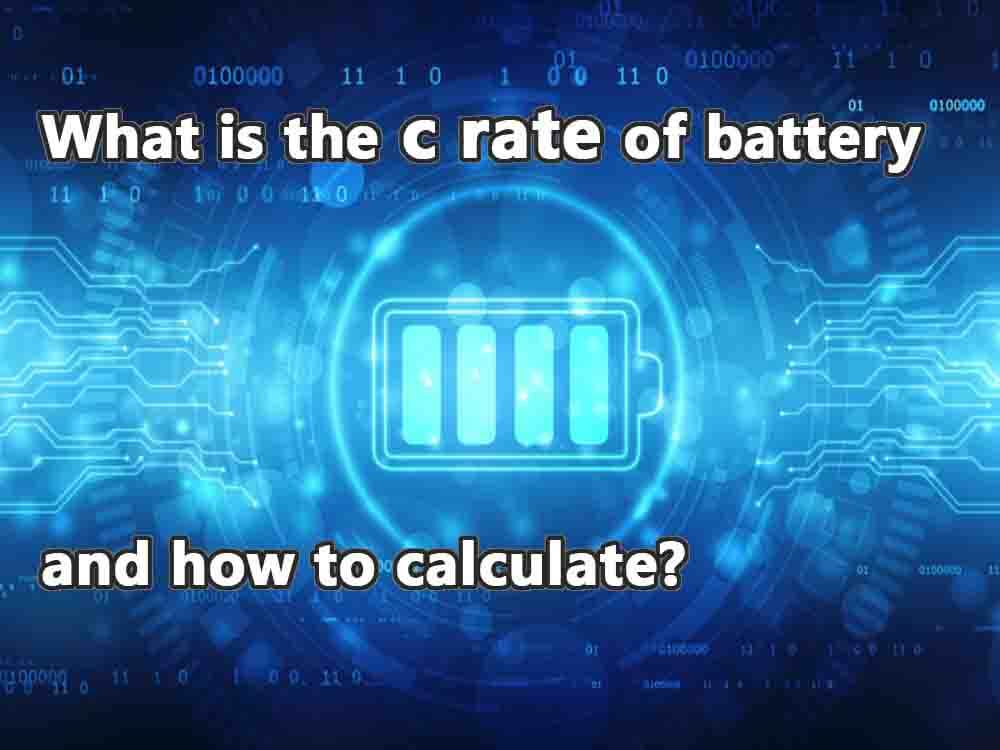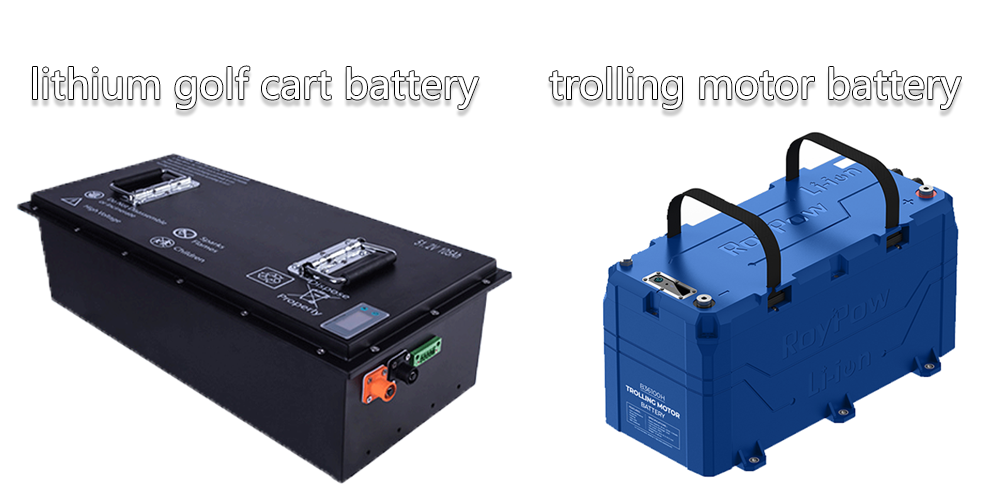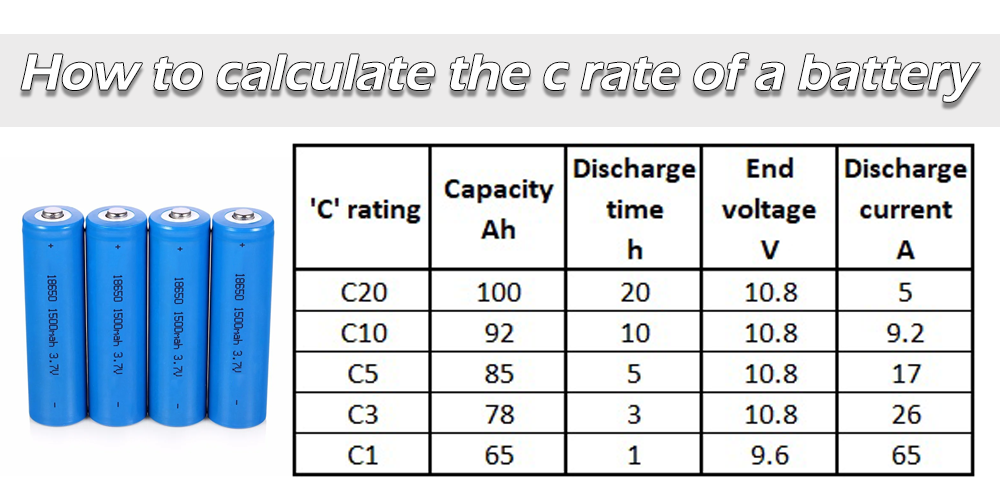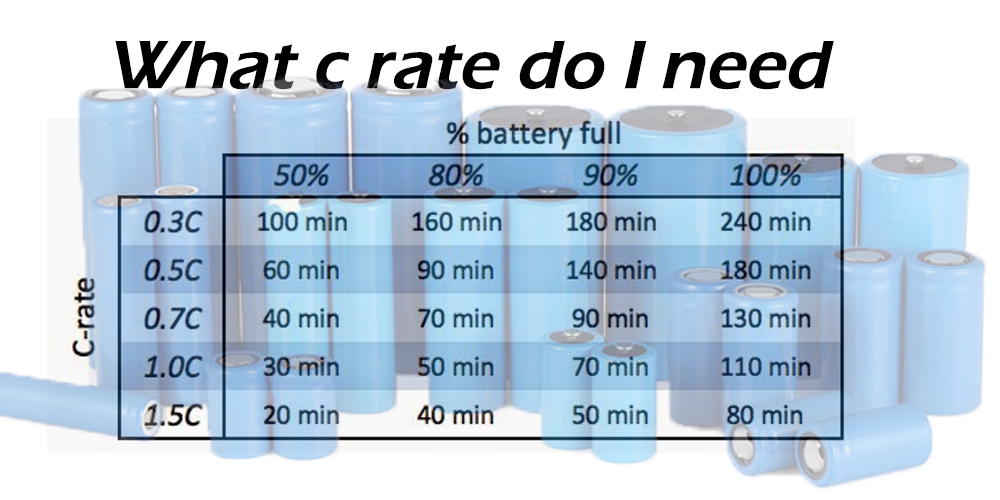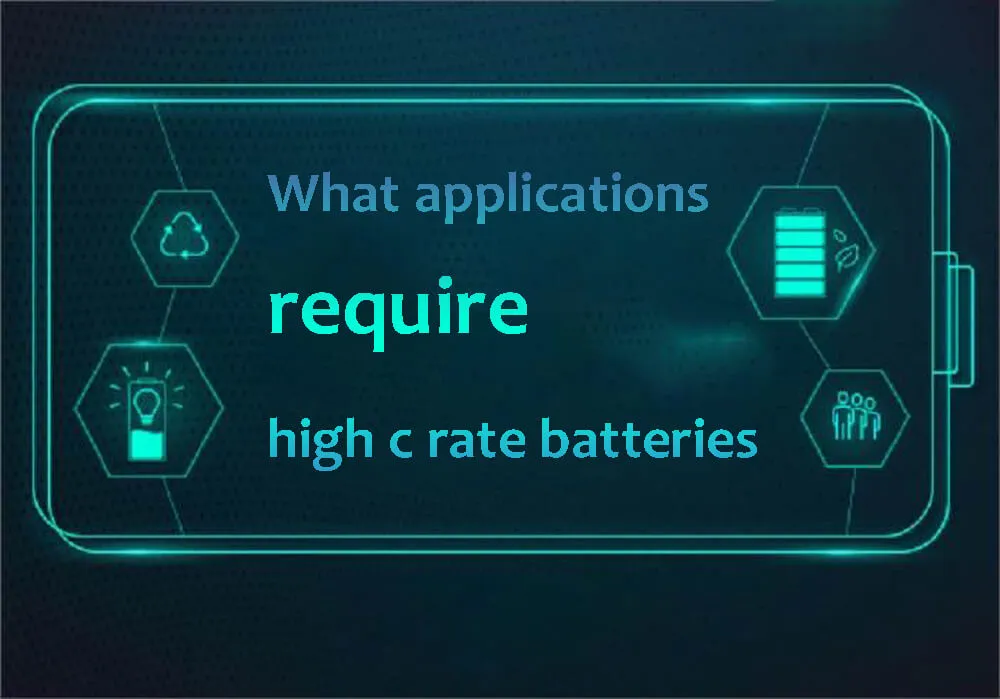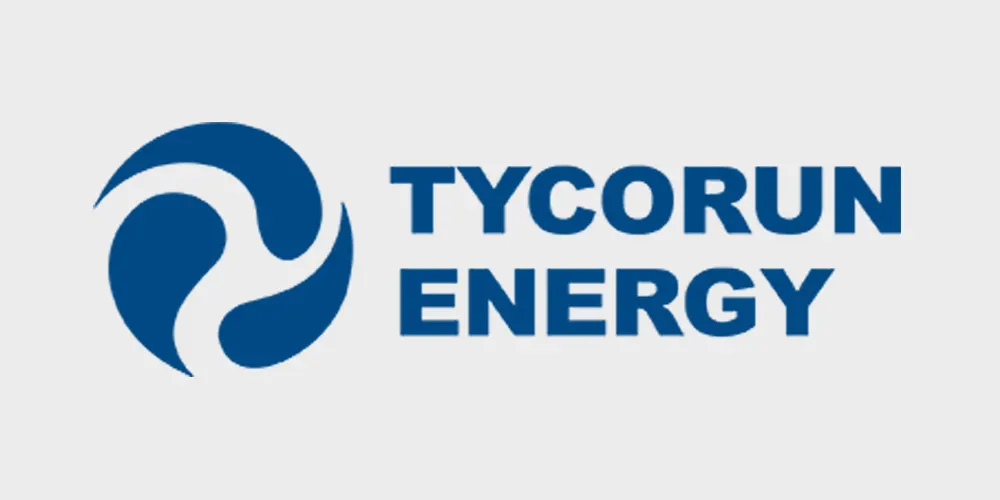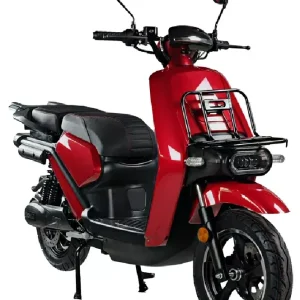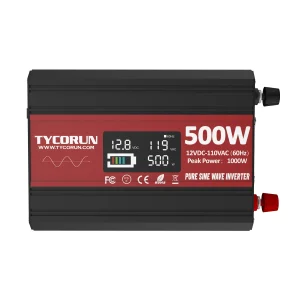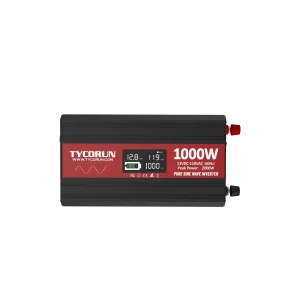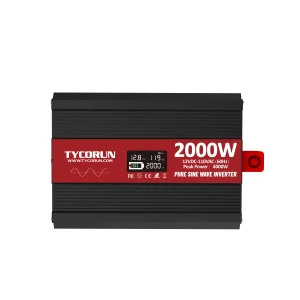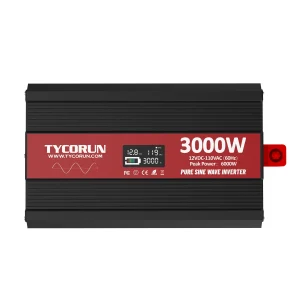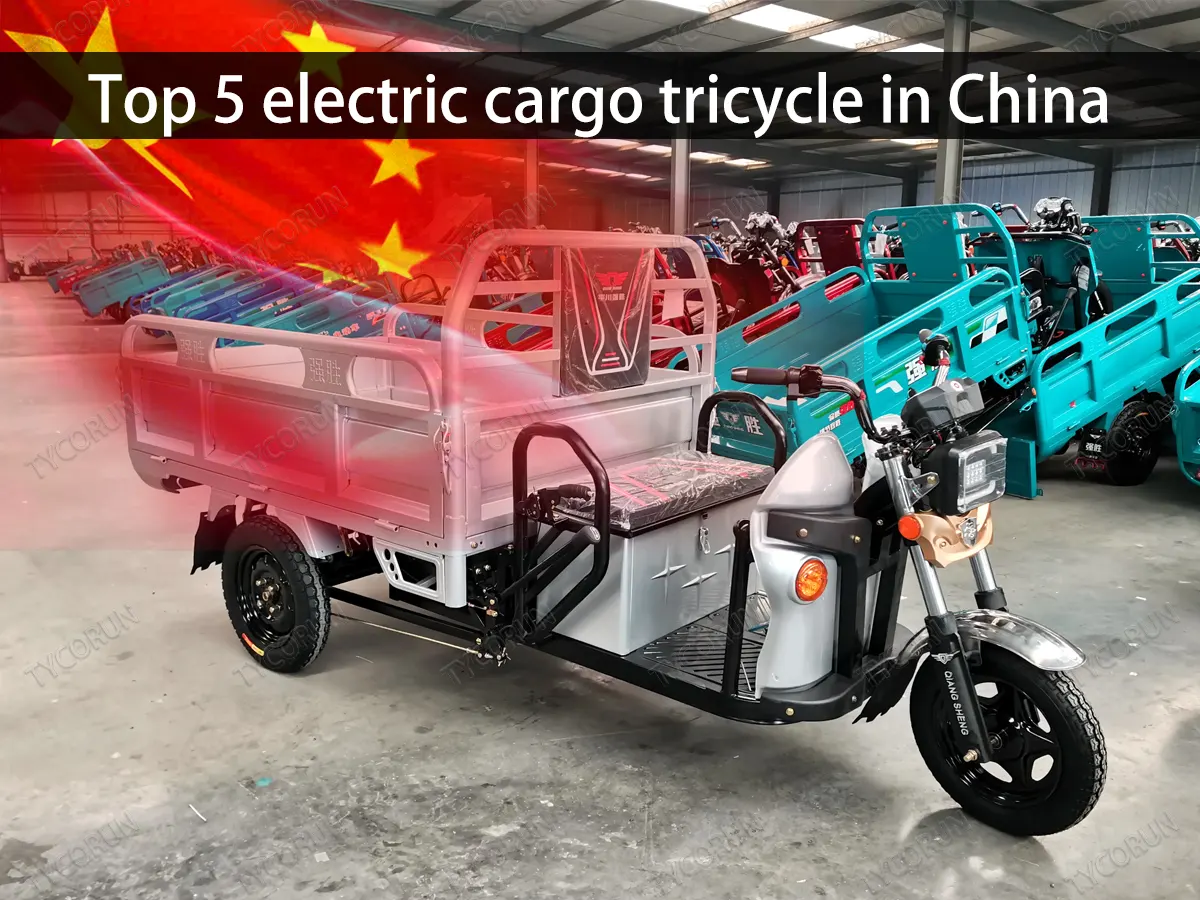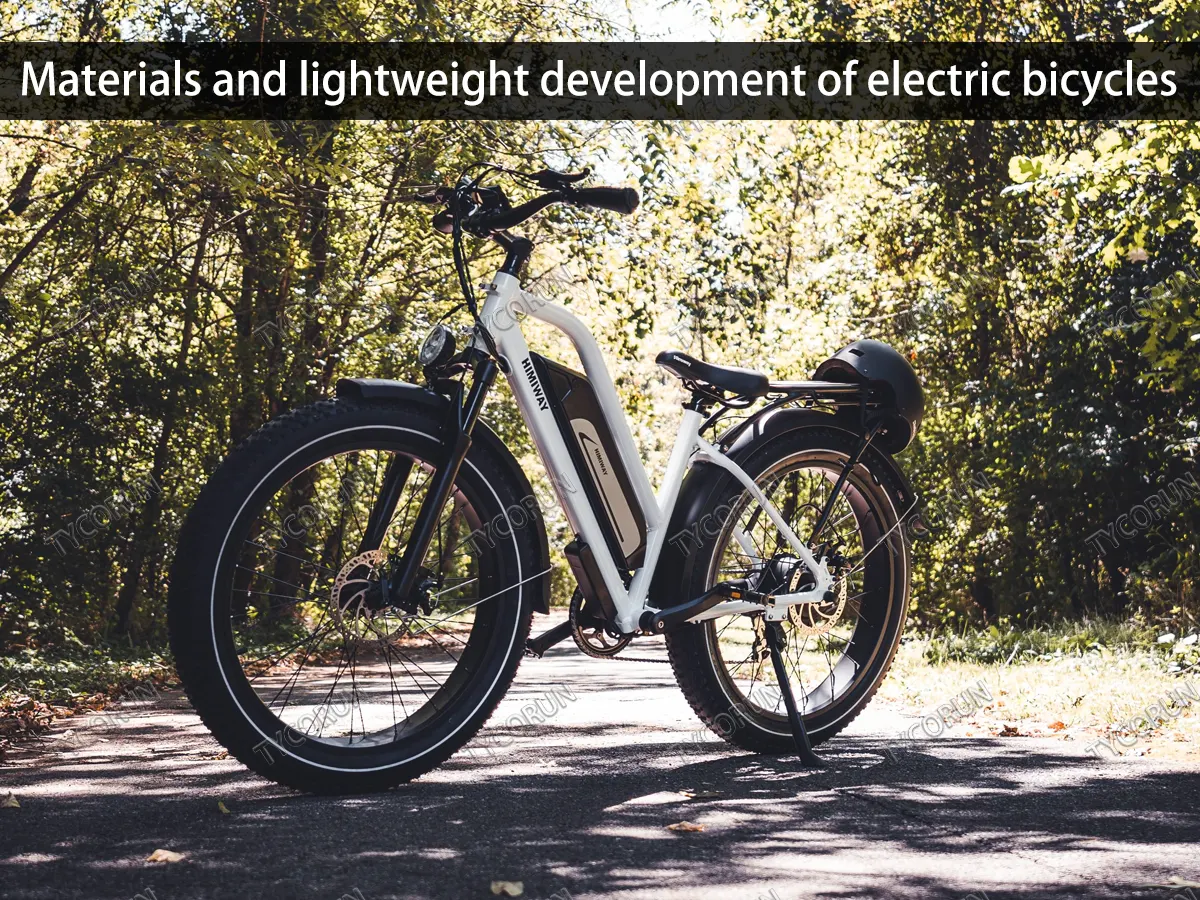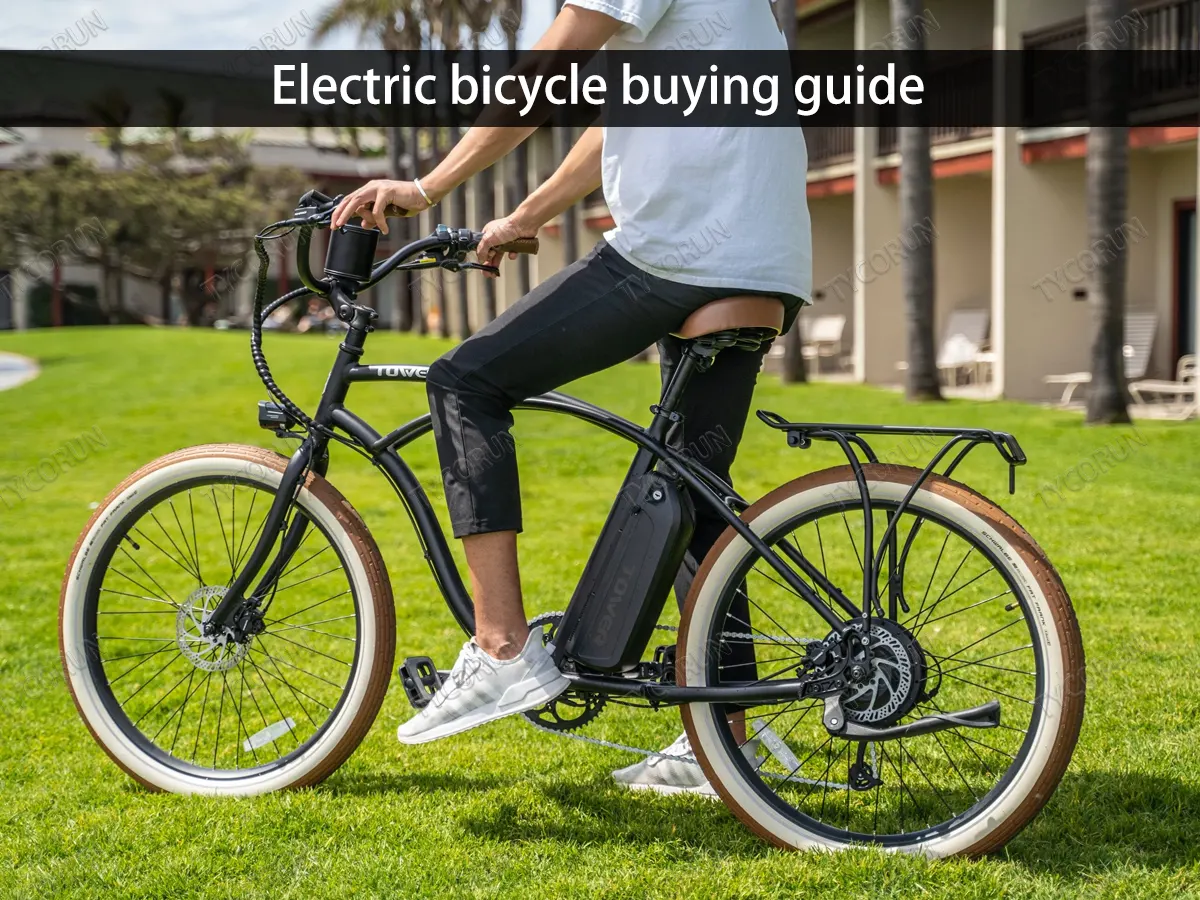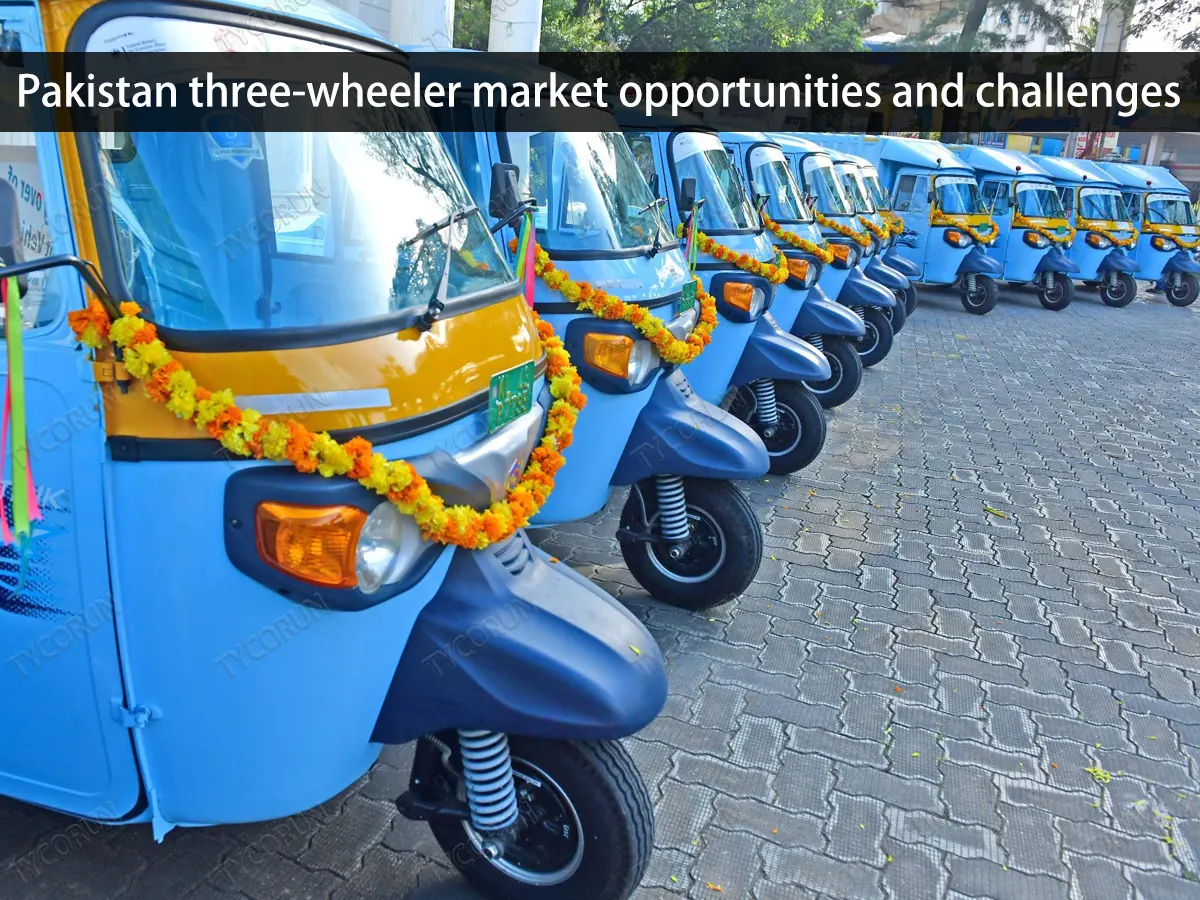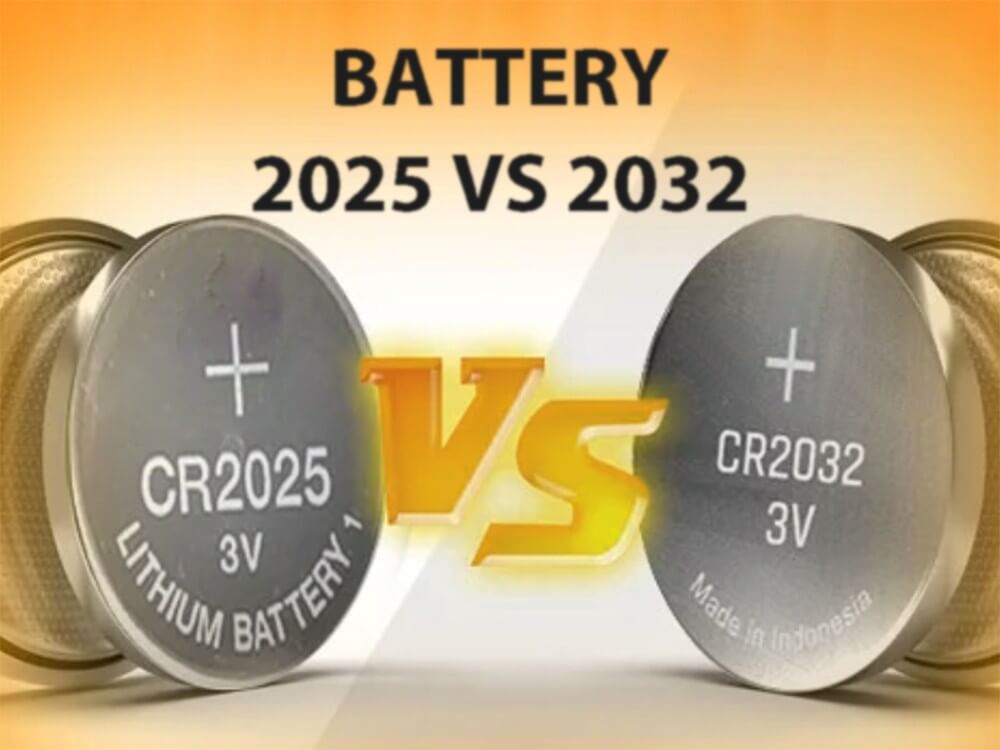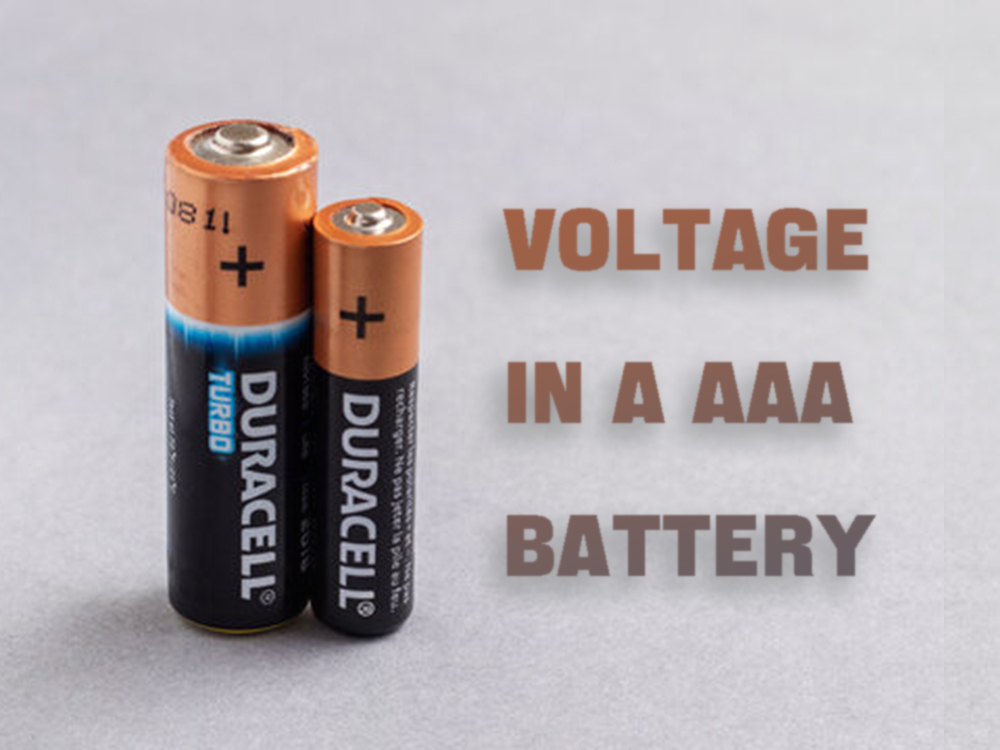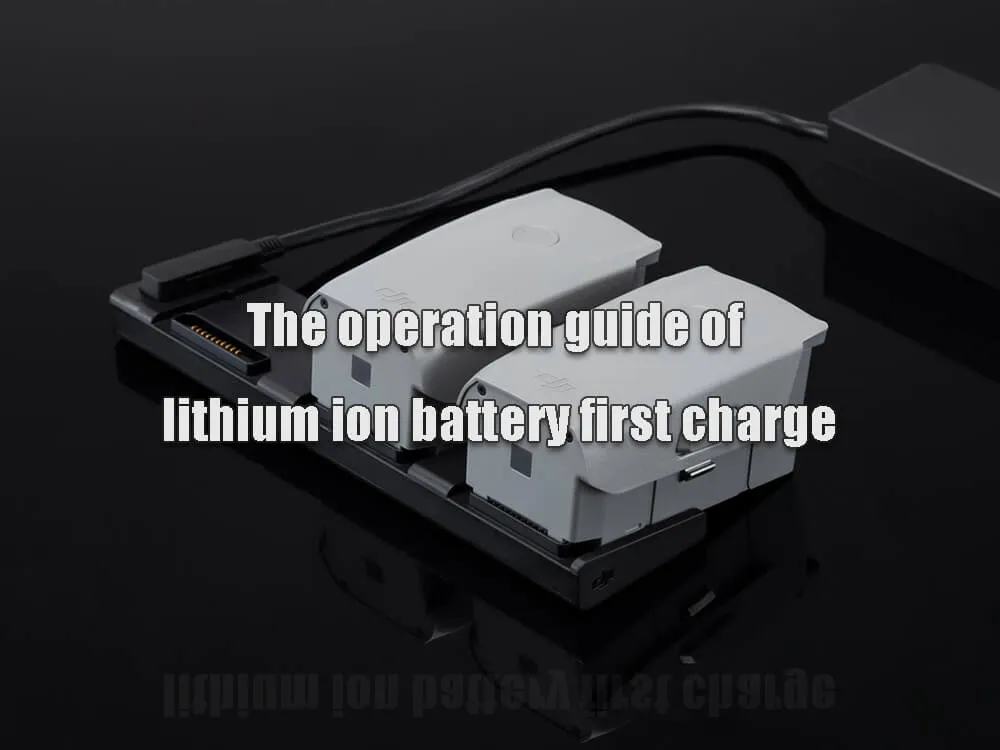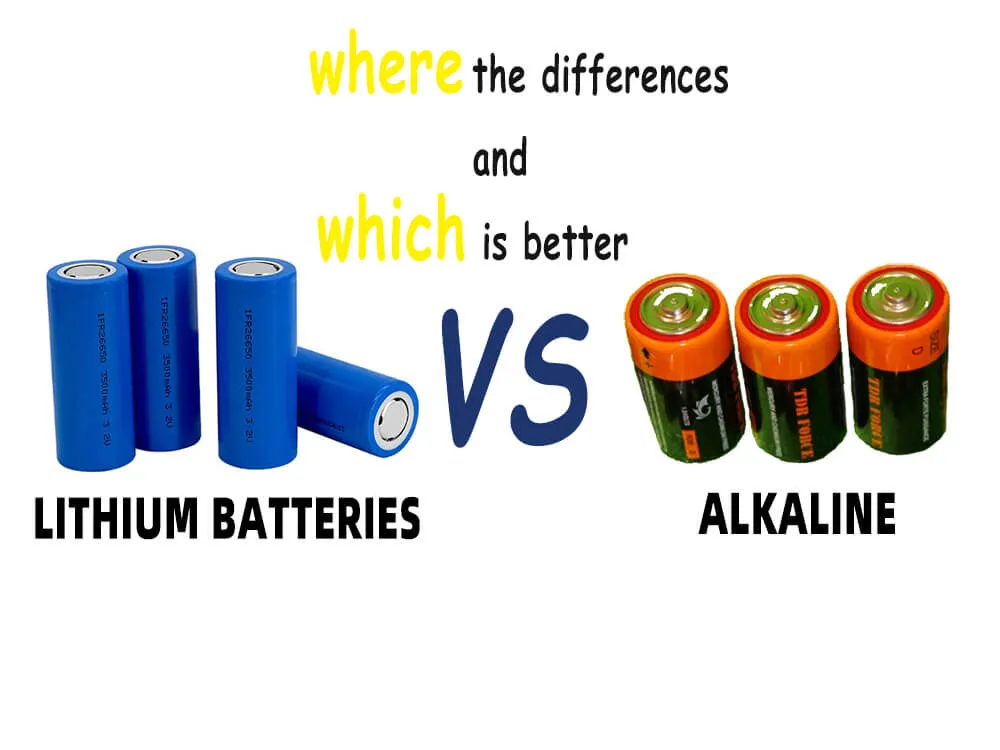What is the c rate of battery and how to calculate

What does battery c rate mean
The charge and discharge rate of a battery is typically calculated as the c rate. The c rate is a standard that is generally used to determine the size of the battery charge and discharge current, and can be used to predict the battery charge and discharge time.
Depends on the battery type and requirements of the application scenario, Different batteries have different c rates, the greater part of batteries is mostly rated at 0.2C. Meaning that a 1000mAh battery discharging at a 0.2c rate of five hours would give 1000mA. Another battery of the same type which is discharging at 0.5C would give 500mA for 120 minutes.
In simpler terms, displays the charge and discharge rate of the battery. A battery with a c rate is separated into a discharge rate and charge rate. The brain behind the c rate battery is to stipulate the time taken for a battery to discharge after it has been fully powered. A battery of 10 C will discharge in 6 minutes, 2C in 30 minutes, and 1C in 60 minutes.
What is the c rate on a lithium battery
Ordinarily, batteries with high discharge rates can be quickly charged. However, this is not the case for lithium batteries. The ions of the lithium battery move to the negative electrode graphite, which makes it difficult for the lithium ions to move to the positive electrode of the battery during charging and discharging. As a result of this, a lithium battery charge ratio is randomly lesser than it’s rate of discharge.
To be able to use business power equipment, motorcycle, power system, and so on, high c rate batteries and lithium batteries are typically required because the synthetic structure of lithium makes it simpler to attain high-rate and more steady charging and discharge.
What is the difference between 1c and 5c lithium-ion batteries
The major difference between a 1C lithium-ion battery and a 5C lithium-ion battery is the charge and discharge current rate.
A 1C lithium-ion battery indicates that when the battery is fully powered, its functional or discharge time is one hour, while a 5C lithium battery will discharge in a 0.2 hour.
Is a higher c rate better
With regards to battery packs and machines or motors, the greatest idea to comprehend is that a battery doesn’t “push” capacity to the engine. Just because a 10c rated battery can convey consistent high current does not mean it will when used with a given machine. The quantity of work done by the machine decides how much power will be drawn through the engine, ESC, and battery.
A higher c rated battery enables the battery to have a reduced voltage drop when functioning. At the point when the battery can hold up higher voltages, it is required that the current rate doubles also.
Different application scenarios have different requirements for battery c rate. Power batteries that need to drive motors have higher requirements for c rate, while energy storage batteries used in solar energy storage systems pay more attention to battery capacity requirements.
Besides the fact that a higher c rating gives more power in a certain time, it likewise gives higher dependability to ESCs. Checking temperature upon any adjustment of your setup and affirming it is within the scope will ensure reliability.
How to calculate the c rate of a battery
As stated earlier, the time taken for a battery to conveniently charge and discharge under given electrical or mechanical conditions is what determines its c rate.
Hence, if you know how it’s calculated, you can estimate battery charge and discharge time. This charge or discharge period changes depending on the C-rating. 1C is identical to an hour, 0.5C to two hours, a 2c rating is comparable to 30 minutes.
0.5c rate example
2300mAh Battery
●2300mAh / 1000 = 2.3A
●0.5C x 2.3A = 1.15A available
●1 / 0.5C = 2 hours
●60 / 0.5C = 120 minutes
2c rate example
2300mAh Battery
●2300mAh / 1000 = 2.3A
●2C x 2.3A = 4.6A available
●1 / 2C = 0.5 hours
●60 / 2C = 30 minutes
Factors that affect a battery c rate
Most lithium-ion18650 c rate is confined by the impact of the surrounding temperature. Too high temperature or too low temperature will influence the battery c rate. If the battery works for quite a while under high temperatures, its cycle life might be impacted. Also, if the temperature is too low, the battery c rate will be affected. The following are the major factors that impact battery c rate:
●Battery configuration
●Temperature Conditions
●Charging Modes
●Discharge Rates
How to charge high c rate battery
Modern-grade Li-ion batteries drive your company business or remote gadgets and they offer distinct design and high energy density to last a long lifetime up to 4000 cycles. Their life span is straightforwardly connected with how the battery is charged, and released and the working temperatures.
When your battery is of a high c rate, there are some basic ways help you charge it correctly.
Firstly, it is important you come to terms basic terms of the battery c rating. Lithium ion batteries have positive and negative electrodes. Charging or discharging indicates that electrons do in and out of the battery through the electrical currents. Your awareness of the battery language will help you in effectively charging a high c rate battery.
Secondly, use the CCCV charging process and especially with the right charger for lithium ion battery. The Constant Current (CC) is used to raise the voltage level, while the Constant Voltage (CV) reduces the current. When the current is low, the charge is completed.
Lastly, choose the battery which is equipped with Battery Management System. This is a required safety feature that interferes with the charge/discharge to protect the battery against Undervoltage or overvoltage.
What c rate do i need
The right response here truly directs to application requirement financial plans, battery-pack loads/measuring, and required discharge rate. Acquiring a battery pack with a high c rating is not the best choice for every application.
If your battery is used for energy storage, the current is relatively fixed throughout the use process, and it does not require a large current rate, so the normal 0.2c rate can meet the requirements.If the application scenario is for power battery, which requires a large continuous / instantaneous current, therefore, there are high requirements for c rate. All the same, your choice of c rate is dependent on application scenarios and equipment requirement.
What applications require high c rate batteries
Applications that use high c rate batteries include:
●Electric racing motorcycles
●RC Hobby
●Power sports starting battery
●Electric skateboard
●Formula student car
●Power tools
●Jump starter
●Electric paramotor
Which battery has the highest c rate
Lithium-ion batteries are generally the highest c rate batteries. The Lithium Polymer Battery has a continuously increasing c rate when updated by lithium ion manufacturers.
Is there a 100c lithium-ion battery
Yes! There are various 100C lithium polymer batteries designed by various manufacturers. Batteries larger than 100c are mostly used in racing cars. The larger the c rate number, the stronger the explosive power.
Conclusion
Battery c rating is one huge factor to consider when seeking for an effective battery that could stand the battery test of time and power your appliances optimally. The c rate determines how long a device battery will function.

